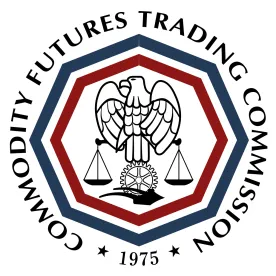Weeks after touting its record-breaking enforcement haul, the Commodity Futures Trading Commission (“CFTC”) Enforcement Division issued a memorandum providing guidance for enforcement staff to use when recommending the recognition of cooperation, self-reporting and remediation during the enforcement process. The historic enforcement performance demonstrated that the CFTC can wield a large stick, but the latest guidance is aimed at recognizing efforts in resolving violations.
“As our historic performance during Fiscal Year 2020 demonstrates, the CFTC does not hesitate to take strong enforcement action when necessary to ensure compliance with federal law,” said Chairman Heath P. Tarbert. “The CFTC also will not hesitate to recognize publicly when a registrant or market participant engages in meaningful acts of self-reporting of misconduct, cooperates during investigations, and remediates. Ultimately, the purpose of the CFTC’s enforcement program is to foster a culture of compliance within the marketplaces we regulate. This staff guidance furthers that goal by ensuring the public understands the levels of recognition the CFTC may provide in its enforcement orders.”
The recent enforcement guidance continues the CFTC’s trend towards increased transparency into the Commission’s enforcement process. In September, the CFTC announced the issuance of new, public guidance on evaluating the adequacy of corporate compliance programs. In May, the CFTC formally issued guidance regarding the Enforcement Division’s decisions to recommend the imposition of civil monetary penalties, and last year the Enforcement Division issued its first public Enforcement Manual.
The latest guidance concentrates primarily on the language to be used in Commission settlement orders. This guidance does not change the Enforcement Division’s existing practices regarding how it will evaluate self-reporting, cooperation, or remediation, or how staff should determine reductions in penalties in connection with self-reporting, cooperation or remediation. While the stated goal of the guidance is to provide increased transparency into the enforcement process, it does not provide any detail on how cooperation, self-reporting, or remediation factor into deductions in penalties. The guidance is meant only to clarify how recognition of cooperation, self-reporting and remediation will be reflected in CFTC enforcement orders.





 />i
/>i
